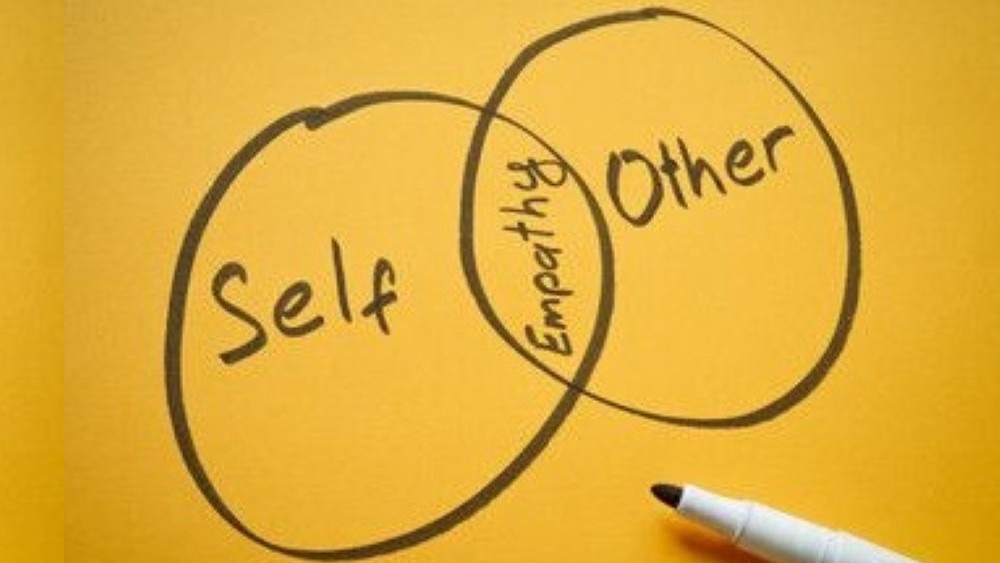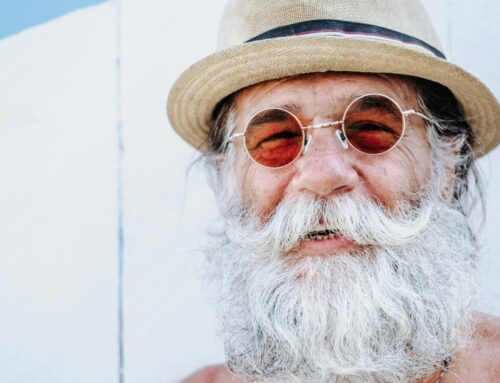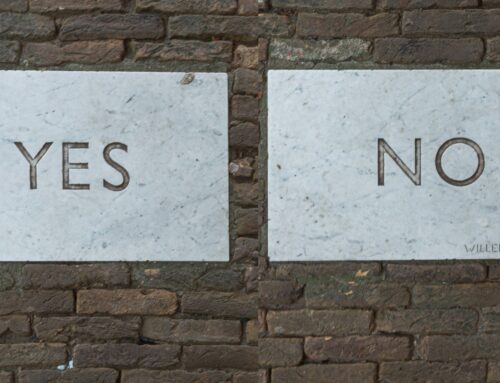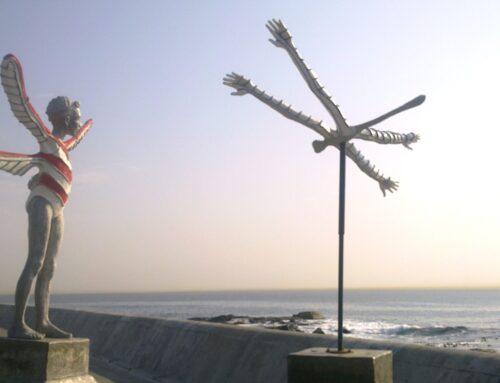Recently I facilitated a two-day leadership intensive in a serene retreat space just beyond the bustle of Cambodia’s cities. Twelve energy sector changemakers from diverse locales in the Asia Pacific region came together for two offsite days. Their purpose was beyond networking and strategizing. They came to engage in a deeper inquiry: who are they as leaders, in relation to others?
They were invited to reflect not on titles or tactics, but on presence and impact—how they show up in the lives of those they lead, and how their leadership is felt and experienced. My role was to guide them through that journey of relational self-discovery.
On the first morning, I asked a question that always shifts the energy: “What does it cost you to lead?”
Silence. Then, slowly, stories emerged.
The emotional toll of leadership
One spoke of the emotional toll of making staffing decisions during the pandemic. Another shared how she hadn’t taken a real break in three years, afraid her absence would signal weakness. Another admitted he felt numb—he’d been so focused on outcomes that he’d stopped feeling connected to the people behind them.
These weren’t stories of failure. They were stories of disconnection—from self, from purpose, from the human side of leadership.
That’s when empathy entered the room—not as a buzzword, but as a lifeline.
Empathy – not just for others but also for self
We explored empathy in two directions: outward and inward. Most changemakers are familiar with the first. They know how to listen, how to support, how to care for others. But empathy for self? That’s where the discomfort begins.
I asked them to write down one thing they needed, but hadn’t allowed themselves to ask for. The responses were raw:
“Time to grieve.”
“Permission to rest.”
“Space to not have the answers.”
Empathy for self isn’t indulgent—it’s foundational. Without it, outward empathy becomes performative. Burnout follows. Disconnection spreads. Cultures suffer.
One participant said, “I’ve always thought of empathy as something I give. I never considered it something I need.” That shift in perspective changed how he showed up—not just in the room, but back in his community.
Throughout the retreat, we practiced empathy as a muscle. We slowed down. We listened without fixing. We named emotions without judgment. We asked, “What’s alive in you right now?” instead of “What’s next on your agenda?”
Leaders seeing each other as human beings
And something remarkable happened. The group began to see each other—not as roles or responsibilities, but as humans. They shared fears, hopes, and failures. They laughed. They cried. They connected.
By the final day, the energy was different. Lighter. More honest. One changemaker said, “I came here to learn how to lead better. I’m leaving with a deeper understanding of myself.”
That’s the power of empathy. It’s not sector-specific. It’s not tied to KPIs or quarterly goals.
It’s the thread that weaves through every meaningful interaction, every courageous decision, every sustainable change.
Empathy isn’t soft. It’s strong
As a facilitator, I’ve learned that empathy isn’t taught—it’s remembered. It’s already in us. We just need space to access it.
So when I walk into a room of changemakers, I don’t look for brilliance or bravado. I look for willingness. The willingness to pause, to feel, to connect. Because in that space, real leadership begins.
Empathy isn’t soft. It’s strong. It’s strategic. And it’s the one thing every changemaker needs to cultivate—not just for others, but for themselves.
That’s what I’ve learned in the circle. And it’s what I’ll keep bringing into every room I enter.
Discover more from Enterprisecoach
Subscribe to get the latest posts sent to your email.






Eslinda Hamzah – this is good! I am a long time acquaintance of Mish Middelmann.